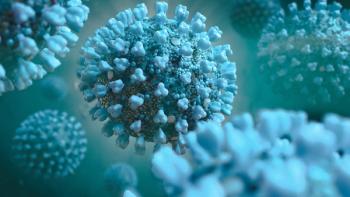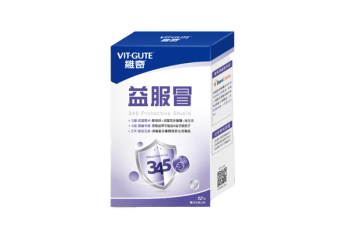
Coverage of Echinacea Study Stirs Debate
Is it the "nail in the coffin" for Echinacea and common cold relief? The American Botanical Council responds.
An
In the federally-funded trial, 713 patients with newly onset common cold were placed on no treatment, placebo pills, Echinacea pills (blinded), or open-label Echinacea pills (unblended). Common cold symptoms were assessed using the Wisconsin Upper Respiratory Symptom Survey and researchers concluded that a statistically significant difference in cold symptoms was not identified, but that a trend towards fewer and shorter-lasting symptoms with Echinacea was observed.
But consumer opinions of the results may largely depend on where the consumer reads about the study.
In the Associated Press (AP) coverage of the study,
“The study of more than 700 adults and children suggests the tiniest possible benefit [of Echinacea for the common cold]-about a half-day shaved off a weeklong cold and slightly milder symptoms. But that could have occurred by chance.
For most people, the potential to get relief a few hours sooner probably isn't worth the trouble and cost of taking the supplement, researchers said.”
Nano interviewed lead study author Bruce Barrett, MD, PhD, of the University of Wisconsin, who said the study “…was well-designed, used a good, quality product at a reasonable dosage, and tested Echinacea in a real world setting rather than giving colds to research volunteers.”
The American Botanical Council (Austin, TX) last week decided it should clarify conclusions that may be drawn from AP’s coverage, which was distributed to a large number of television, radio, and online media groups (e.g., the New York Times, the Washington Post, the Los Angeles Times, and National Public Radio).
The American Botanical Council noted the study authors’ “cautiously worded and reasonable conclusion”:
“This dose regimen of the Echinacea formulation did not have a large effect on the course of the common cold, compared with either blinded placebo or no pills. However, the trends were in the direction of benefit, amounting to an average half-day reduction in the duration of a weeklong cold, or an approximate 10% reduction in overall severity.”
“There are many clinical trials on numerous types of Echinacea preparations in the clinical literature,” said ABC in an official statement, “and recent systematic reviews of some of these trials have concluded that there is benefit or trend towards benefit for the Echinacea preparations used in the selected trials.”
Francis Brinker, ND, author of “Herb Contraindications and Drug Interactions” and a member of the American Botanical Council advisory board said, took issue with the study’s design method.
“Once again, a good opportunity was lost,” Brinker said. “If the open label portion of the study had been done with an equivalent liquid Echinacea extract, or even solid extract in lozenge form, I expect the beneficial results would have reached statistical significance.”
Primary funding for the Annals of Internal Medicine study came from grants from the National Center for Complementary and Alternative Medicine (NCCAM) at the National Institutes of Health.
The Associated Press reports that NCCAM has spent $6.8 million testing Echinacea since 2002.
Newsletter
From ingredient science to consumer trends, get the intel you need to stay competitive in the nutrition space—subscribe now to Nutritional Outlook.




